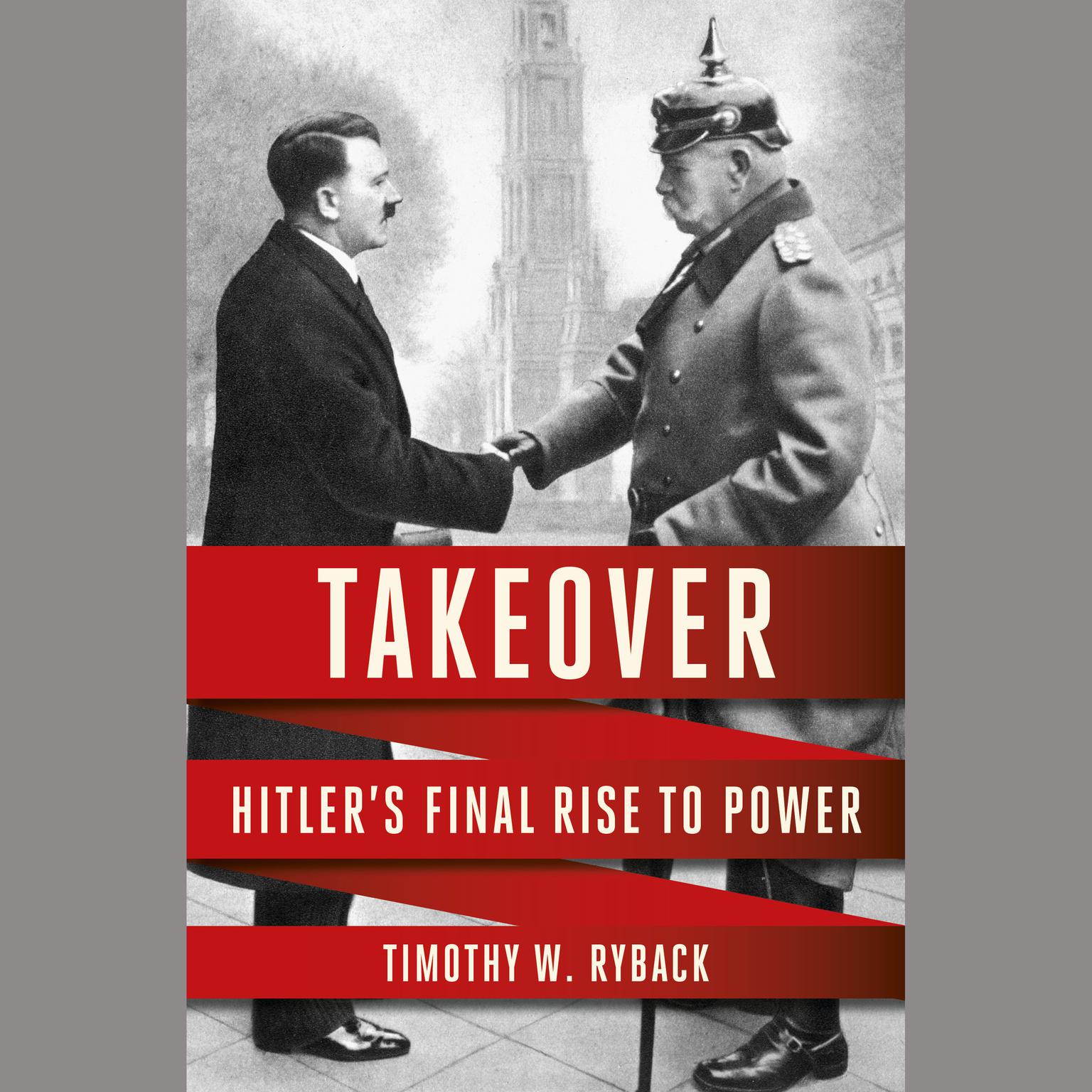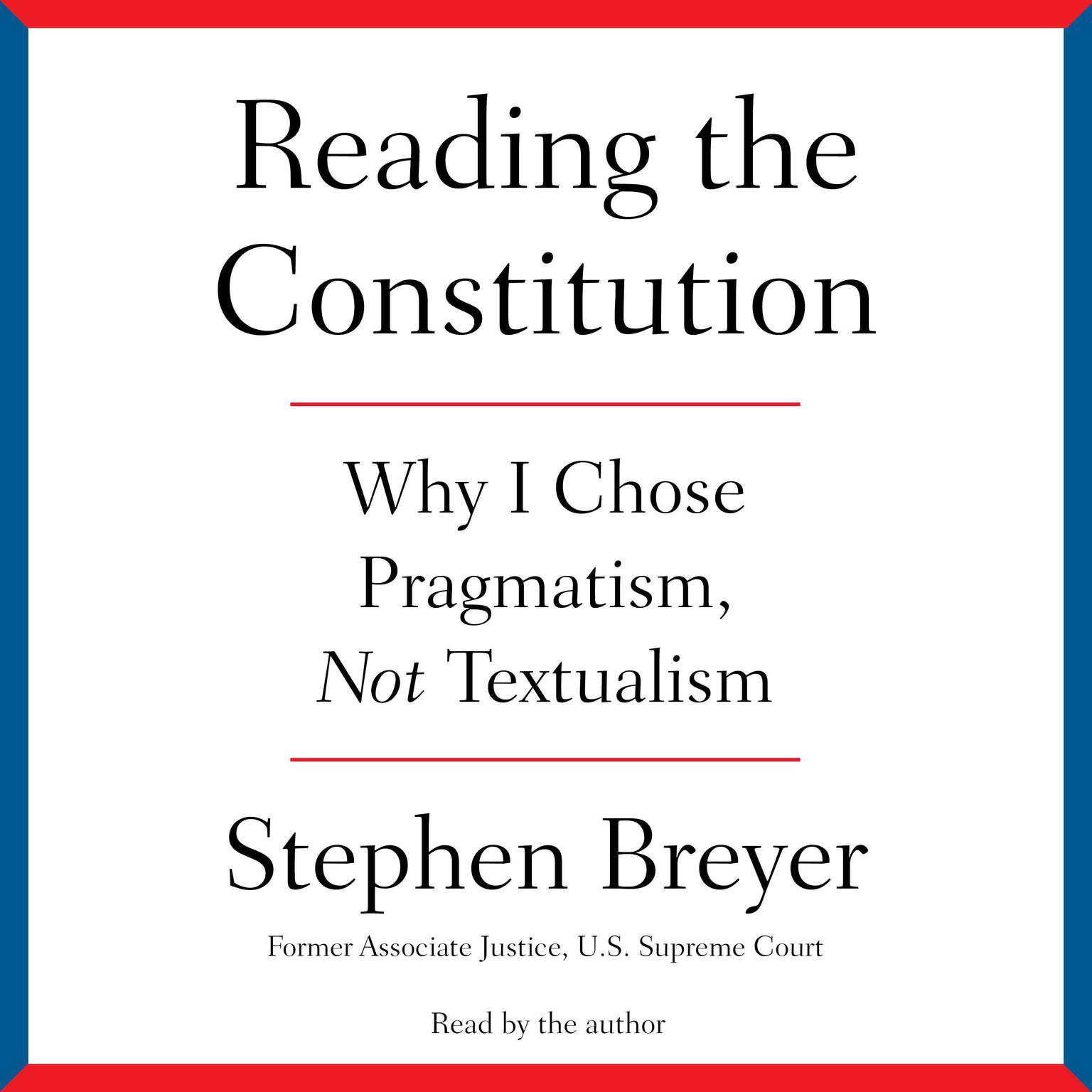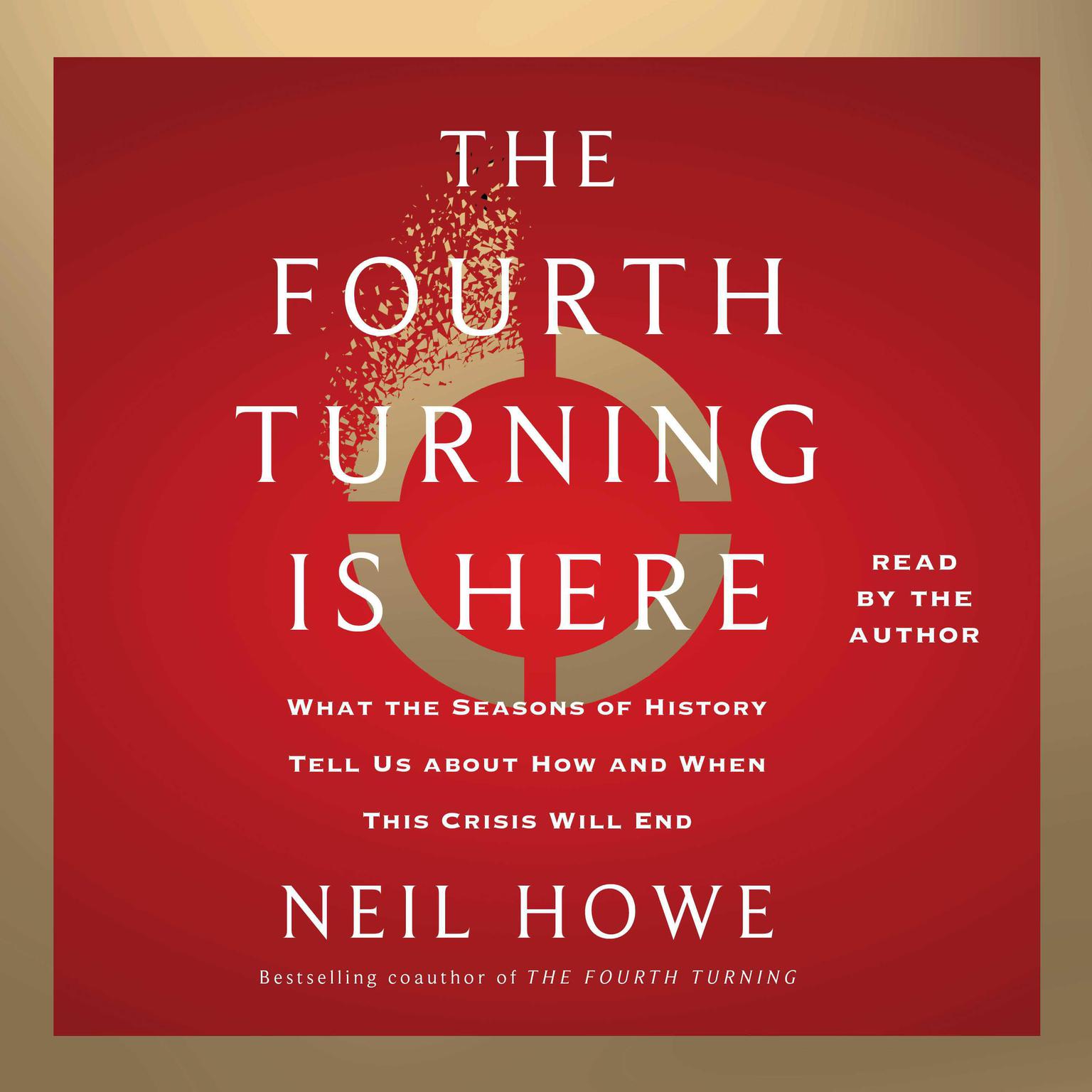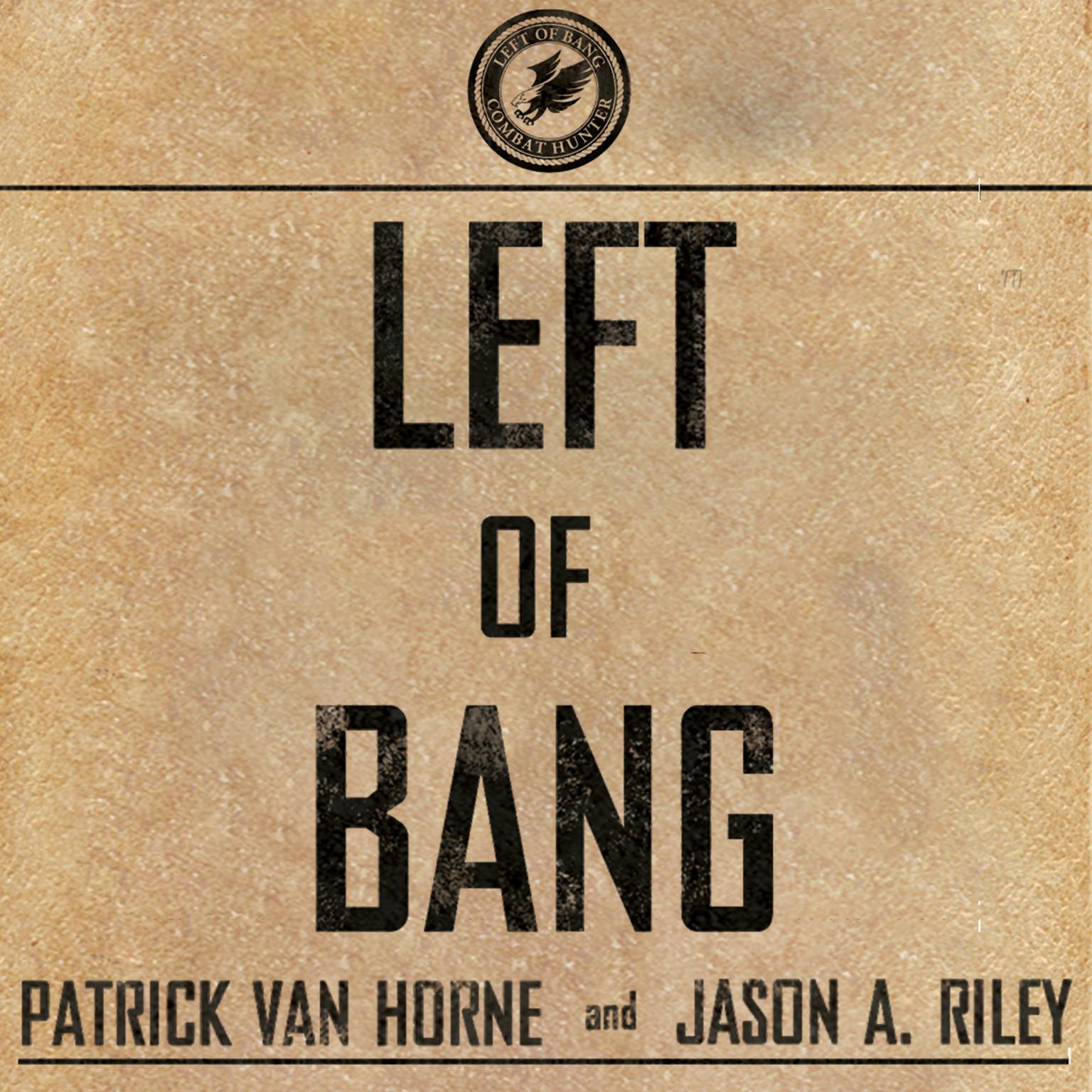Publisher Description
From the internationally acclaimed author of Hitler’s Private Library, a dramatic recounting of the six critical months before Adolf Hitler seized power, when the Nazi leader teetered between triumph and ruin
In the summer of 1932, the Weimar Republic was on the verge of collapse. One in three Germans was unemployed. Violence was rampant. Hitler’s National Socialists surged at the polls. Paul von Hindenburg, an aging war hero and avowed monarchist, was a reluctant president bound by oath to uphold the constitution. The November elections offered Hitler the prospect of a Reichstag majority and the path to political power. But instead, the Nazis lost two million votes. As membership hemorrhaged and financial backers withdrew, the Nazi Party threatened to fracture. Hitler talked of suicide. The New York Times declared he was finished. Yet somehow, in a few brief weeks, he was chancellor of Germany.
In facinating detail and with previously un-accessed archival materials, Timothy W. Ryback tells the remarkable story of Hitler’s dismantling of democracy through democratic process. He provides fresh perspective and insights into Hitler’s personal and professional lives in these months, in all their complexity and uncertainty—backroom deals, unlikely alliances, stunning betrayals, an ill-timed tax audit, and a fateful weekend that changed our world forever. Above all, Ryback details why a wearied Hindenburg, who disdained the “Bohemian corporal,” ultimately decided to appoint Hitler chancellor in January 1933. Within weeks, Germany was no longer a democracy.
Download and start listening now!
If you ever thought that history is only moved by big, sweeping forces, whether of economics or creed or nature itself, think again. In this riveting, intimate account of the final months in Hitler’s rise to power, Tim Ryback makes it plain that simple luck, bald ambition and fallible human hearts can be drivers of earth-changing events. Focusing on the crucial personalities at the pinnacle of politics in the very twilight of Weimar Germany, and drawing on a wealth of primary sources, from diaries to gossip columns to newsreels, he shows that Hitler’s capture of the German state did indeed in large part represent a triumph of the Führer’s own perverse will. But Ryback also reveals the extent to which the petty scheming, petty jealousies, petty prejudices and sheer exhaustion of the other ‘men in the room’ opened a path to calamity.
—
Max Rodenbeck, Berlin bureau chief, The Economist











